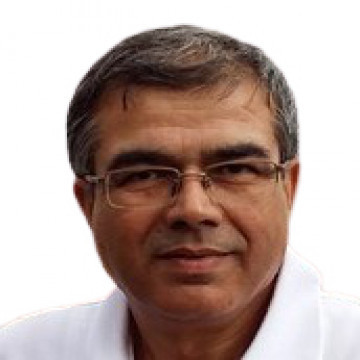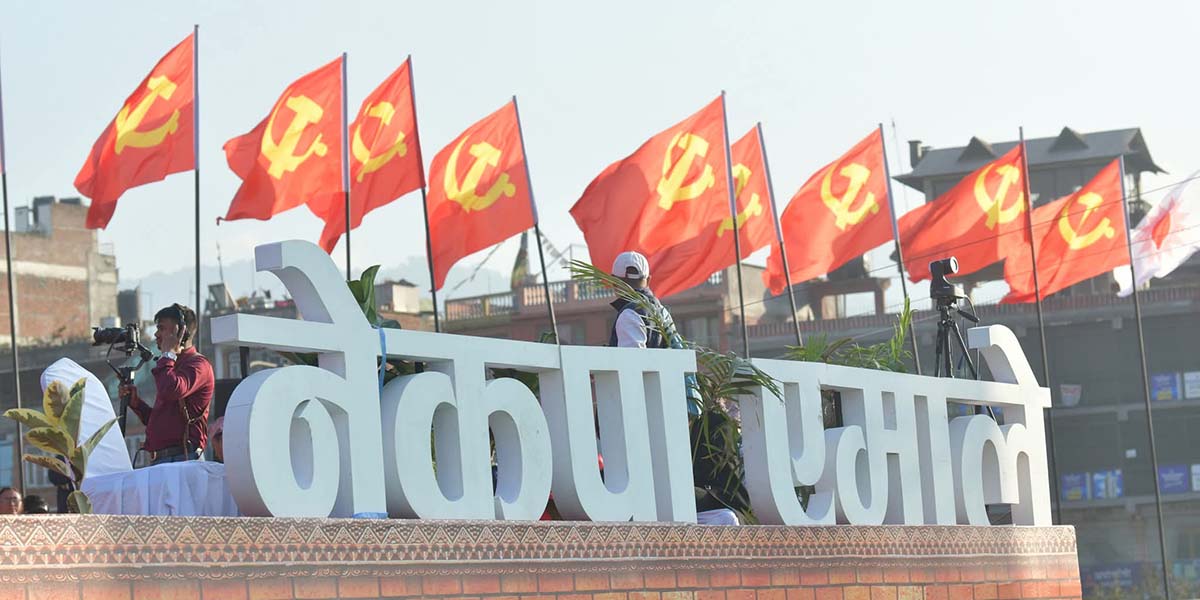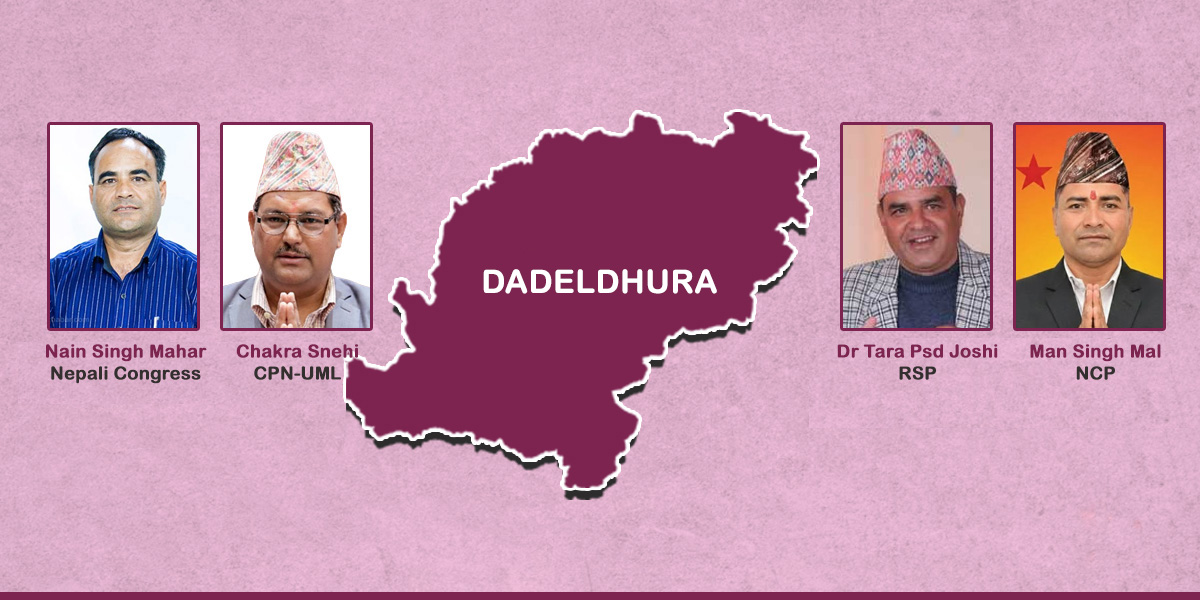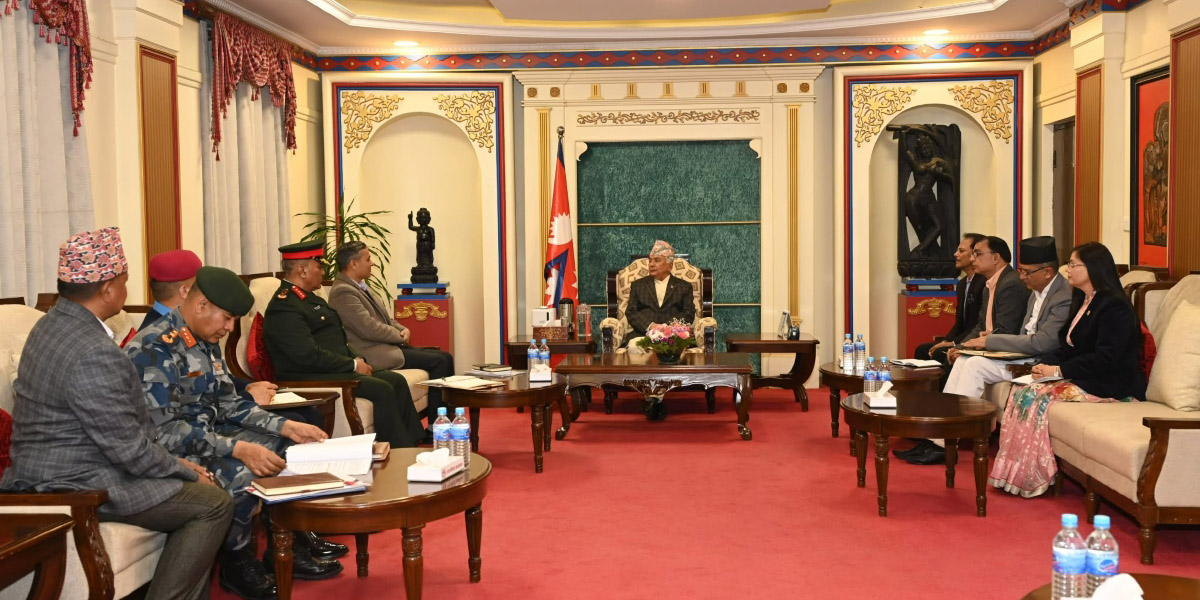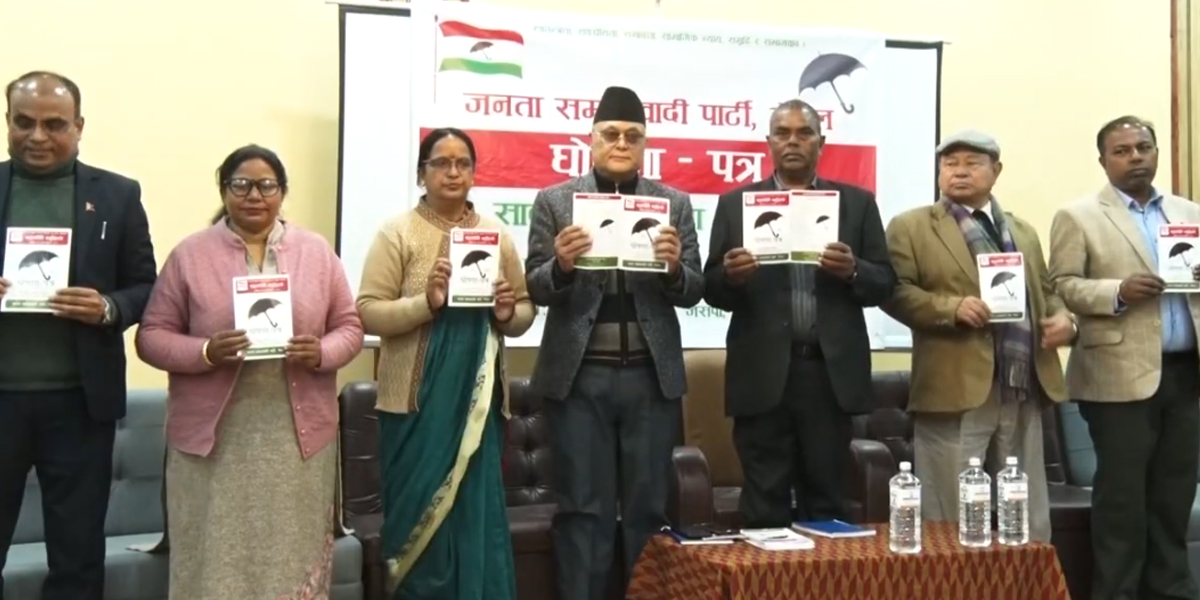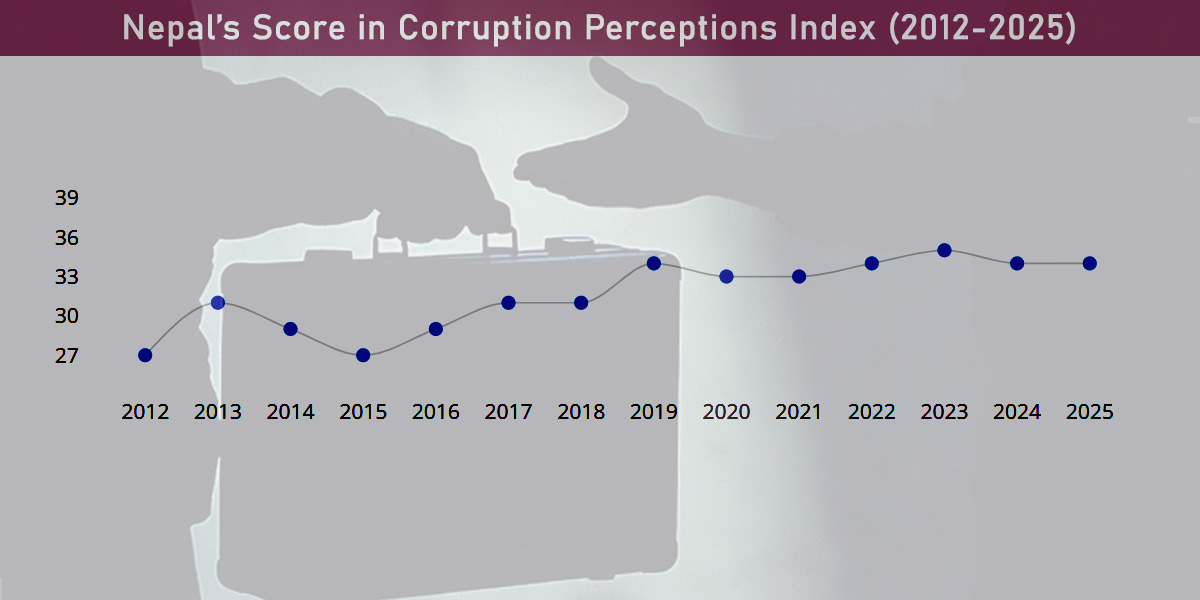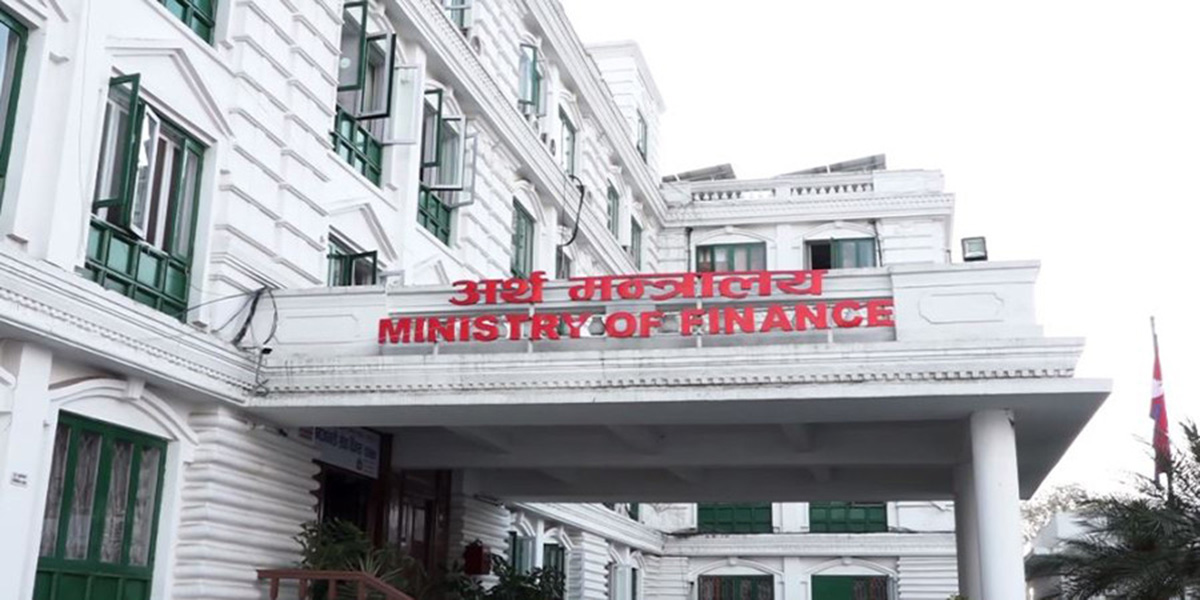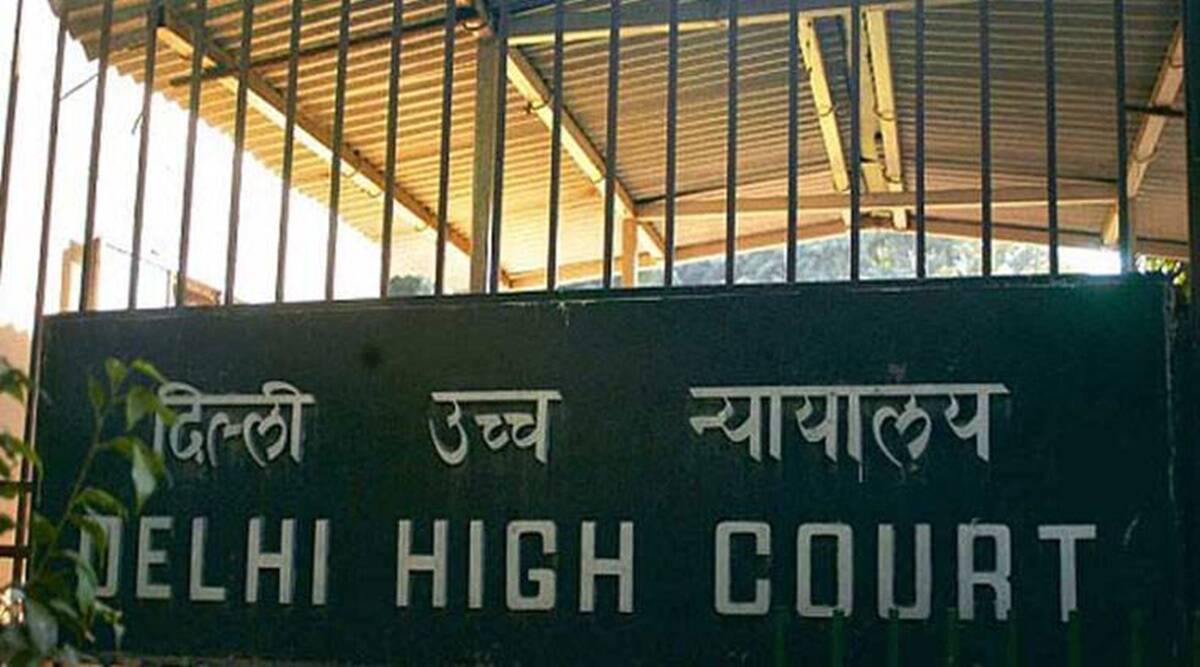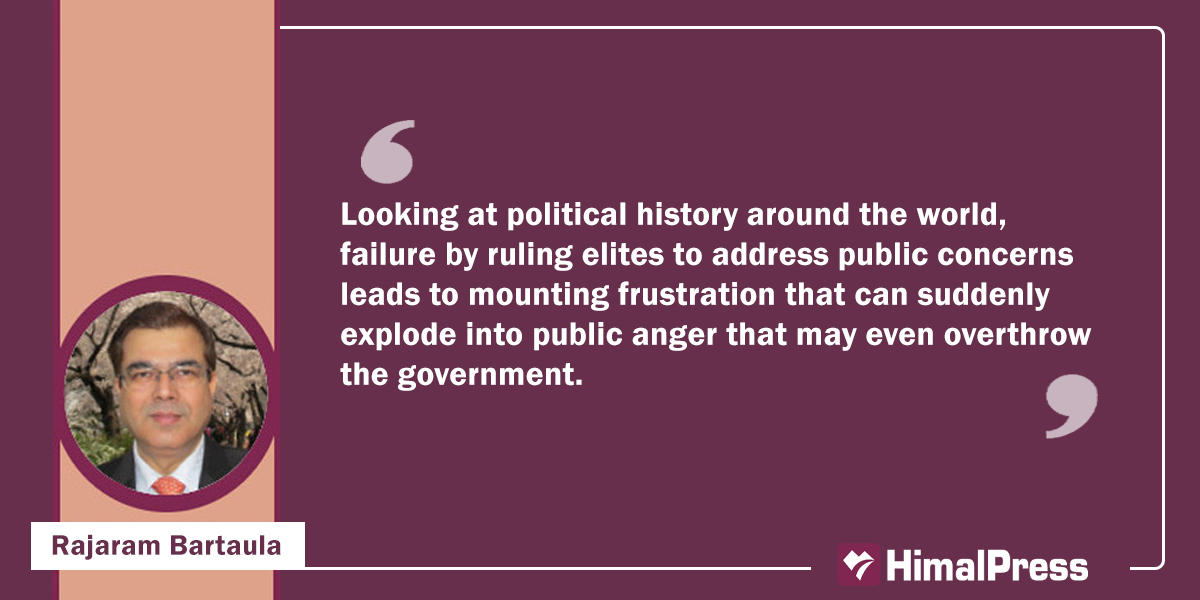
Nepal’s long-cherished expectation of socioeconomic transformation in a newly adopted federal democratic setup after the 2006 movement has yet to be materialized. More than 15 years have passed since the political change, but many people still thirst for the development they value most, aspiring to make changes to their livelihoods to improve their quality of life. Much water has flowed down the Bagmati River during this time, but little has been done to address the needs of the people.
After the 2022 parliamentary election, the Election Observation Committee Nepal conducted a survey among the students of Kathmandu University which revealed the causes of youth disenchantment with traditional political forces. These causes included: the inability to deliver development benefits to the people, the continued presence of the same old faces in high offices for over three decades, unabated corruption and cronyism, and a decline in democratic exercise both within and outside the political system.
Let us examine the internal democratic exercise of the Nepali Congress. Despite the party’s constitutional obligation, the central committee remains incomplete with only 12 members nominated from the party leader’s side even though it has nearly been two years since the party held its general convention. The party’s financial transparency is also in question, as the treasurer’s position remains vacant. Further, the party’s failure to hold regular central committee meetings as required by its statute is a cause for concern. The fact that the heads of the party’s 28 functional departments, responsible for carrying out the subjective functions of the party, are vacant, indicates that the party leadership lacks the necessary drive to revitalize the organization and mobilize cadres. The communist parties – CPN-UML and CPN (Maoist Centre) – like the Nepali Congress, also have had the same leaders for over three decades.
Intellectuals and professionals, who have been closely observing political developments in Nepal, have been suggesting that these traditional parties change their modus operandi to cement their democratic credentials.
The survey findings are not an exaggeration but a reflection of the conscious opinion of the people, regardless of their age, gender, occupation, or livelihood, whether living at home or abroad. Intellectuals and professionals, who have been closely observing political developments in Nepal, have been suggesting that these traditional parties change their modus operandi to cement their democratic credentials. They recommend that the parties adopt a more mature, open, and thoughtful approach that prioritizes developmental orientation and is responsible towards its people, ensuring good governance, transparency, and accountability. Otherwise, they risk facing the grave consequences of people’s wrath.
Despite the warning, these parties did not take it seriously. They have continued to follow their precepts of traditional mentality: holding onto power and distributing plush positions to their close associates while promoting cronyism, often in exchange for political favours and material benefits. The most disenchanted moments in Nepal’s political history, including for the youth and voters of all ages and groups, came when parties ignored popular sentiments and failed to strengthen and institutionalize the historical achievement of the federal democratic system. Instead, they began playing against each other by forming and breaking alliances to gain state power for political gain. Parties with divergent natures and forms, ideologies and political programs, agendas and mass appeal, different outlooks and world views, constructed and deconstructed alliances, and changed governments on a whim or ego, rather than for substance, necessities, and rationales, agonizing the people at large.
The voters perceive political leaders joining hands as alliance partners, despite their differences, as opportunistic and immoral, lacking in logic and honesty. In such a situation, voters view the traditional parties as irrelevant and ineffective in leading the nation. Similarly, the federal parliament’s inefficiency and lack of usefulness in reflecting the national character is a cause for concern. The first session of the House, elected in the November 20 poll, prorogued without endorsing a single bill, highlighting its ineffectiveness. It appears that the traditional political parties in Nepal are suffering from the Norman door syndrome, confused about whether to push, pull or slide the door left or right.
The recent by-poll results in favor of new parties and faces have further emphasized the need for traditional parties to revitalize and reenergize their political organization to remain relevant in the political scene.
‘Cane and Bell’ Effect
A change was observed during the local elections as voters in metropolitan and sub-metropolitan cities chose independent candidates over aged leaders, indicating their desire for a new change. The slogan ‘No, Not again’ and the electoral defeat of heavyweight politicians by new faces were clear signals from the voters. Urban youths, in particular, want dynamic and passionate leaders who can contribute to the development of their cities and the nation. The recent by-poll results in favor of new parties and faces have further emphasized the need for traditional parties to revitalize and reenergize their political organization to remain relevant in the political scene. Otherwise, they may gradually vanish from the scene.
Old political parties must update themselves with renewed spirits and strengths to maintain their relevance. Otherwise, they risk losing public trust and electoral mandates to govern the nation. Looking at political history around the world, failure by ruling elites to address public concerns leads to mounting frustration that can suddenly explode into public anger, protests, and movements that may even overthrow the government and the system of governance.
The recent example of Sri Lanka serves as a warning to the ruling elites. Such public outrage and mass movements occur when society demands a transformational change in line with global trends. Nepal shows similar signs with an impending economic crisis, corruption scandals, cronyism, and political disorder. Without action, these issues could lead to explosive public anger and protests.

